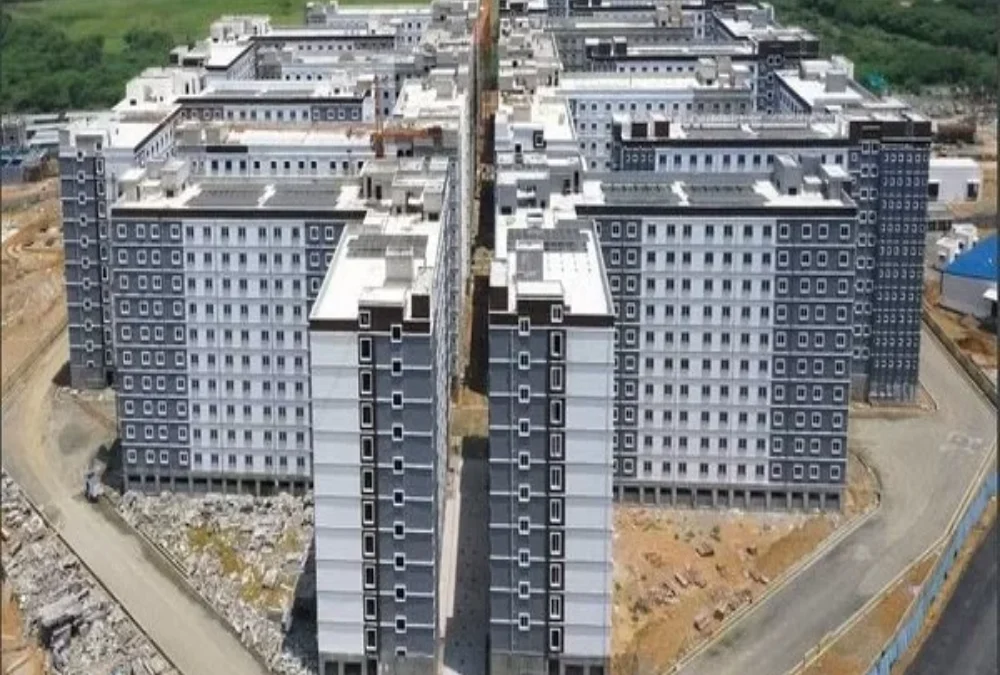A new eco-permitting system has been introduced by the state to streamline environmental approvals for upcoming industrial land projects. This system mandates that all new industrial developments secure an Eco-Permit as a prerequisite to land allocation or construction approval. The permit ensures that proposed projects meet environmental standards related to air, water, soil, and biodiversity protection. It also integrates climate resilience, green building norms, and energy efficiency into the planning stage. By centralizing environmental assessment, the system aims to eliminate delays, promote sustainable practices, and reduce regulatory overlap. It is a proactive measure to balance industrial expansion with ecological safeguards.
The eco-permitting process involves digital submission of project plans, environmental impact assessments (EIA), and sustainability roadmaps to a centralized online portal. These submissions are reviewed by a multi-agency panel that includes environmental scientists, urban planners, and industry experts. Based on site sensitivity, pollution load, and resource use, the permit may be approved, modified, or denied. Projects located in high-risk zones or those lacking mitigation plans are unlikely to receive clearance. The system also features public disclosure of applications to encourage transparency and community feedback. It replaces fragmented, department-wise approvals with a unified and accountable process.
For developers and investors, the eco-permitting system introduces both compliance responsibilities and long-term strategic advantages. Projects that integrate sustainable design and green operations are more likely to gain fast-track approvals and incentives. This new system is expected to reduce post-construction legal issues and enhance environmental performance metrics. It also opens doors to green financing and international investments, where environmental due diligence is key. Non-compliant proposals, however, may face early rejection, saving public resources and avoiding future environmental harm. The state’s initiative reflects a clear shift toward embedding ecological criteria into the core of industrial land development policy.

